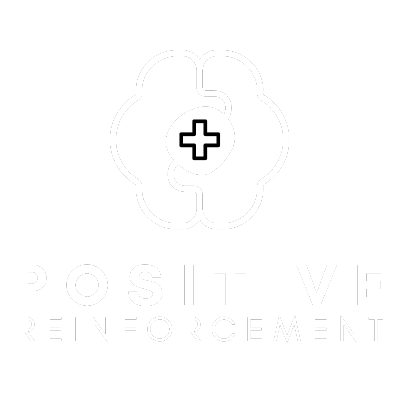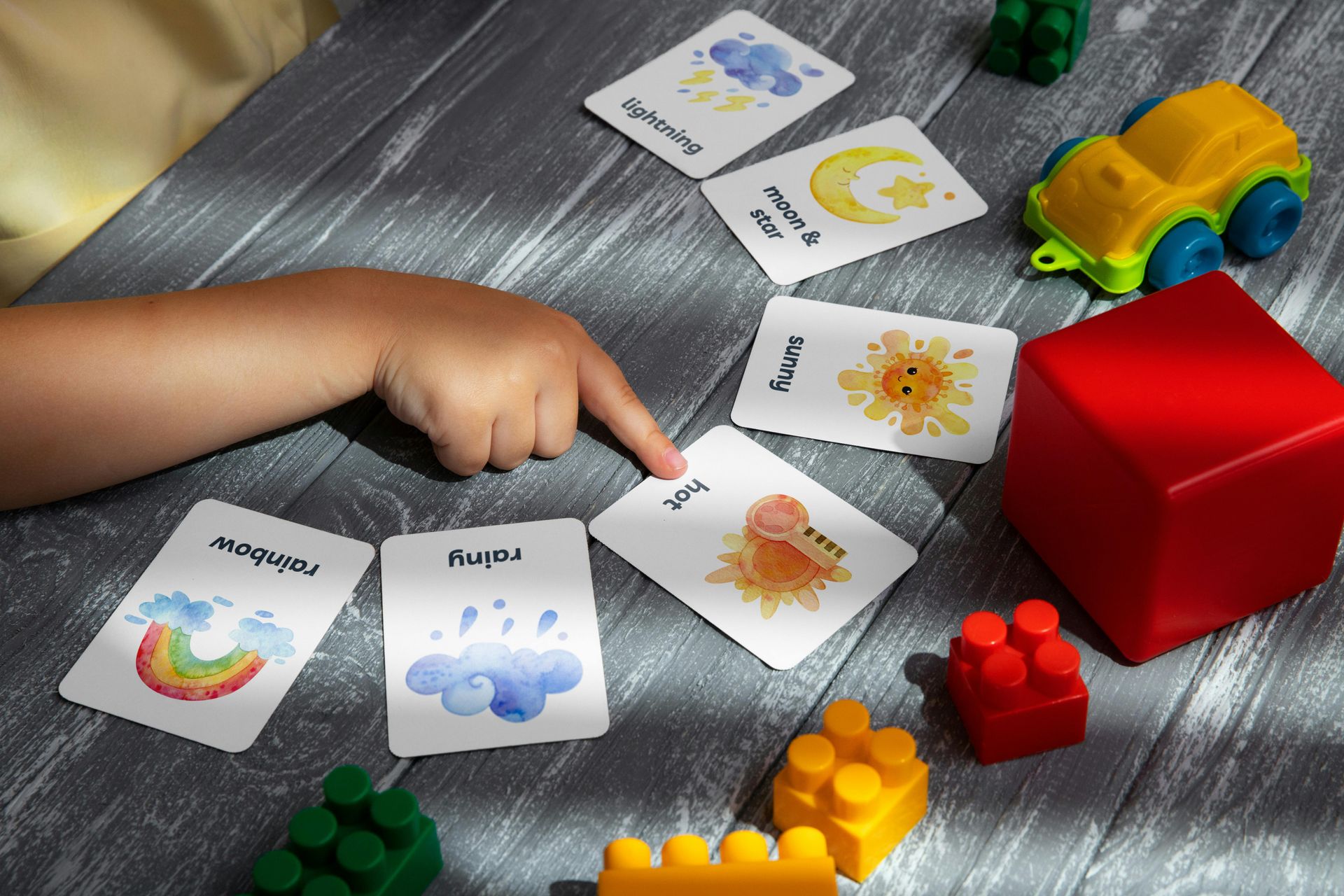Could My Child Have Autism?
Could My Child Have Autism?
You know your child in a way unlike any other. While you cannot make a diagnosis of autism, you may observe behaviors in your child that cause you concern. Trust your instincts, and consult with your child’s doctor about your concerns. Any combination of the following characteristics may be considered potential signs of autism.
Not Meeting Milestones
The Centers for Disease Control and Prevention (CDC) publishes developmental milestones for ages two months through five years old. Examples of these milestones include:
● Two months old: infants at this age typically coo, smile, and begin to pay attention to faces
● Six months old: at half-a-year-old, babies can laugh, take turns making noises with you, reach to grab toys, and can offer toys to others
● One year old: waves goodbye, repeats sounds in order to get attention, and can follow simple, one-step directions
● Two years old: toddlers this age can be expected to string together sentences of two to four words, run and kick a ball, and notice when someone else is hurt
All parents should be aware of these milestones and bring it to a doctor’s attention if certain milestones are not being met. Pediatricians will typically assess these and ask about them at regularly-scheduled wellness visits, but, of course, they can be brought up any time you have a concern.
Classic Social Signs
These social characteristics are commonly associated with autism:
● Not making eye contact
● Plays alone
● Does not understand personal space
● Facial expressions that don’t match the situation
● Not understanding others’ feelings
● Not able to communicate about their own feelings
Classic Communication Signs
These communication characteristics are commonly associated with autism:
● Delayed language skills
● Flat, robotic voice
● Not understanding jokes or sarcasm
● Echolalia, or impulsive repetition of words and phrases
● Not pointing to interesting things or responding to others’ pointing
● Unable to pretend-play
● Note that up to 40% of children with autism do not speak at all
Other Signs to Be Aware Of
● Getting upset over changes to routine or other minor changes
● Obsessive interests
● Self-stimulating behaviors
● Sensory avoidance
● Hyperactivity
● Aggressiveness
● Self-harming behaviors
Once again, if you suspect something is going on with your child developmentally, or that they may be displaying signs of autism, check in with your child’s doctor. Remember, you know your child best. Follow up on anything that doesn’t seem right to you.
Positive Reinforcement not only offers ABA therapy services for North Virginia, West Virginia including cities like Ashburn, Leesburg, Winchester, Richmond, Centerville.











